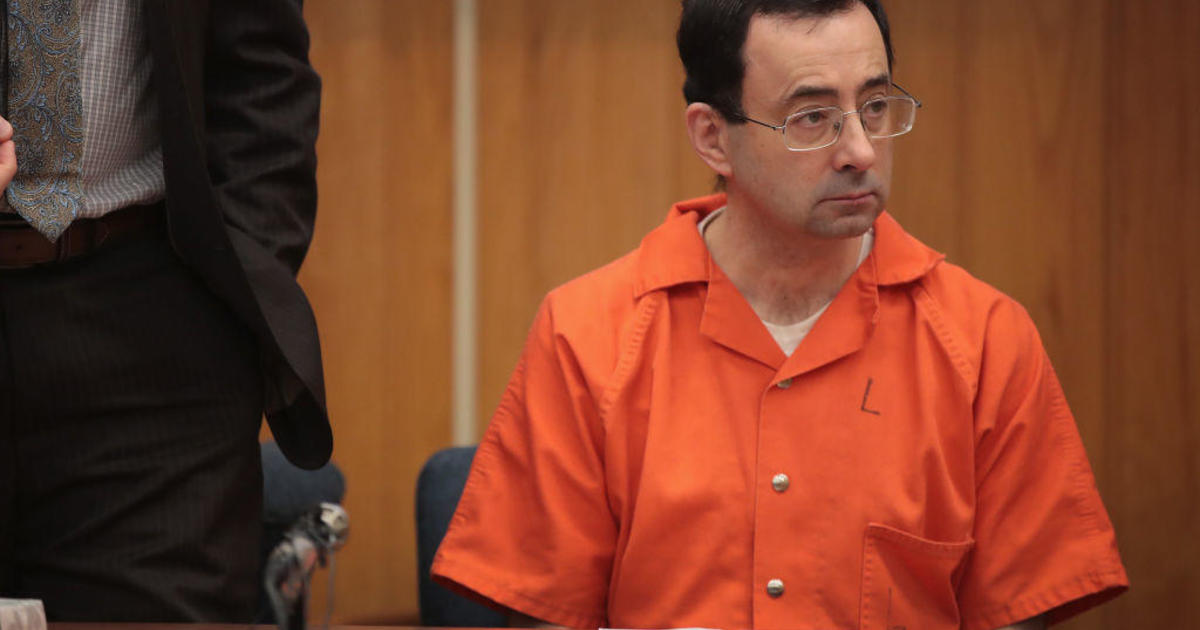Federal prosecutors abruptly withdraw from Roger Stone case after DOJ intervention
Washington — All four government lawyers who prosecuted longtime Trump confidante Roger Stone abruptly withdrew from the case on Tuesday, with one of them resigning outright, after the Justice Department moved to recommend a lighter prison sentence than the prosecutors had sought.
Aaron Zelinsky, who was a key deputy of former special counsel Robert Mueller, said in a filing in the U.S. District Court for the District of Columbia that he was withdrawing as government counsel. He had been specially assigned to the U.S. Attorney's Office in D.C. and will remain a Justice Department employee, returning to his position in Maryland.
Zelinsky was joined shortly thereafter by Jonathan Kravis, Adam Jed and Michael Marando, all of whom told the court in quick succession that they too were withdrawing. Jed was a fellow member of Mueller's team and assigned to the U.S. Attorney's Office in D.C. Neither Marando nor Kravis were assigned the special counsel's office. Kravis, a career prosecutor, resigned his position entirely.
The extraordinary mass exodus came after top Justice Department officials overruled their recommendation to a judge that Stone should serve between 7 and 9 years in prison in the interest of "general deterrence." Stone was convicted in November 2019 on seven counts including obstruction, witness tampering and lying to investigators in a case stemming from the Mueller investigation.
A senior Justice Department official told CBS News earlier in the day that the department was "shocked" by the severity of the recommended sentence.
"This is not what was briefed to the department," the official said. "The department believes the recommendation is extreme and excessive and is grossly disproportionate to Stone's offenses."
In a new sentencing memorandum later Tuesday, interim U.S. Attorney Timothy Shea said the government still believes Stone should serve time in prison but said the earlier request of 7 to 9 years "would not be appropriate or serve the interests of justice in this case."
"Based on the facts known to the government, a sentence of between 87 to 108 months' imprisonment, however, could be considered excessive and unwarranted under the circumstances," said the new memo, signed by Shea and another attorney added to the case. "Ultimately, the government defers to the Court as to what specific sentence is appropriate under the facts and circumstances of this case."
The move to change the recommendation immediately raised questions about potential political interference in a federal prosecution, coming shortly after President Trump called Stone's case a "horrible and very unfair situation" and a "miscarriage of justice" in an early Tuesday morning tweet. Mr. Trump told reporters Tuesday afternoon he did not discuss reducing the sentence recommendation with the Justice Department, and declined to discuss the possibility of commuting Stone's sentence.
On Wednesday morning, Mr. Trump tweeted, "Congratulations to Attorney General Bill Barr for taking charge of a case that was totally out of control and perhaps should not have even been brought. Evidence now clearly shows that the Mueller Scam was improperly brought & tainted. Even Bob Mueller lied to Congress!"
Justice Department spokeswoman Kerri Kupec denied any communication between the White House and the department about the sentence recommendation, saying department leadership made the decision to seek a shorter prison term after the court filing became available Monday evening.
The Washington Post reported on Monday that a dispute arose within the U.S. Attorney's Office over the initial sentence recommendation. Citing two people familiar with the discussions, The Post said "frontline prosecutors, some previously with Mueller's team" argued for a prison term that was longer "than some of their supervisors were comfortable with." Two of the prosecutors in Stone's case — Zelinsky and Jed — were also involved in the special counsel investigation.
The decision to recommend 7 to 9 years ultimately fell to Shea, the interim U.S. attorney and a former top adviser to Attorney General William Barr who submitted the original memorandum. Shea's office declined to comment on Tuesday.
Stone's sentencing is scheduled for February 20. His attorneys argued Stone should avoid prison altogether and be sentenced to probation or home detention, telling the court he has unspecified medical problems and poses a very low risk of repeating his crimes.



